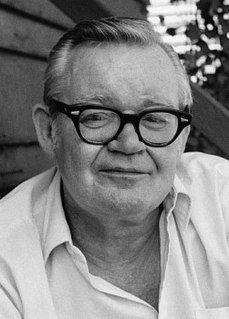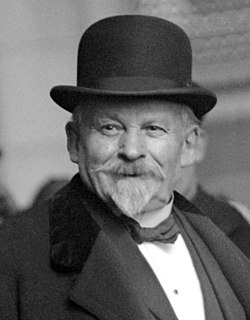A Quote by John Ralston Saul
Wordsmiths who serve established power...castrate the public imagination by subjecting language to a complexity which renders it private. Elitism is always their aim.
Quote Topics
Related Quotes
Public virtue cannot exist in a nation without private, and public virtue is the only foundation of republics. There must be a positive passion for the public good, the public interest, honour, power and glory, established in the minds of the people, or there can be no republican government, nor any real liberty: and this public passion must be superiour to all private passions.
To cover the fact that a central bank is merely a cartel which has been legalized, its proponents had to lay down a thick smoke screen of technical jargon focusing always on how it would supposedly benefit commerce, the public, and the nation... there was not the slightest glimmer that underneath it all, was a master plan which was designed from top to bottom to serve private interests at the expense of the public... the system is merely a cartel with a government facade.
But since there is but one aim for the entire state, it follows that education must be one and the same for all, and that the responsibility for it must be a public one, not the private affair which it now is, each man looking after his own children and teaching them privately whatever private curriculum he thinks they ought to study.
People who intend only to seek their own benefit are “led by an invisible hand to serve a public interest which was no part of” their intention. I say that there is a reverse invisible hand: People who intend to serve only the public interest are led by an invisible hand to serve private interests which was no part of their intention.
The continually progressive change to which the meaning of words is subject, the want of a universal language which renders translation necessary, the errors to which translations are again subject, the mistakes of copyists and printers, together with the possibility of willful alteration, are themselves evidences that human language, whether in speech or print, cannot be the vehicle of the Word of God.
In overlooking, denying, evading this complexity--which is nothing more than the disquieting complexity of ourselves--we are diminished and we perish; only within this web of ambiguity, paradox, this hunger, danger, darkness, can we find at once ourselves and the power that will free us from ourselves. It is this power of revelation that is the business of the novelist, this journey toward a more vast reality which must take precedence over other claims.



































